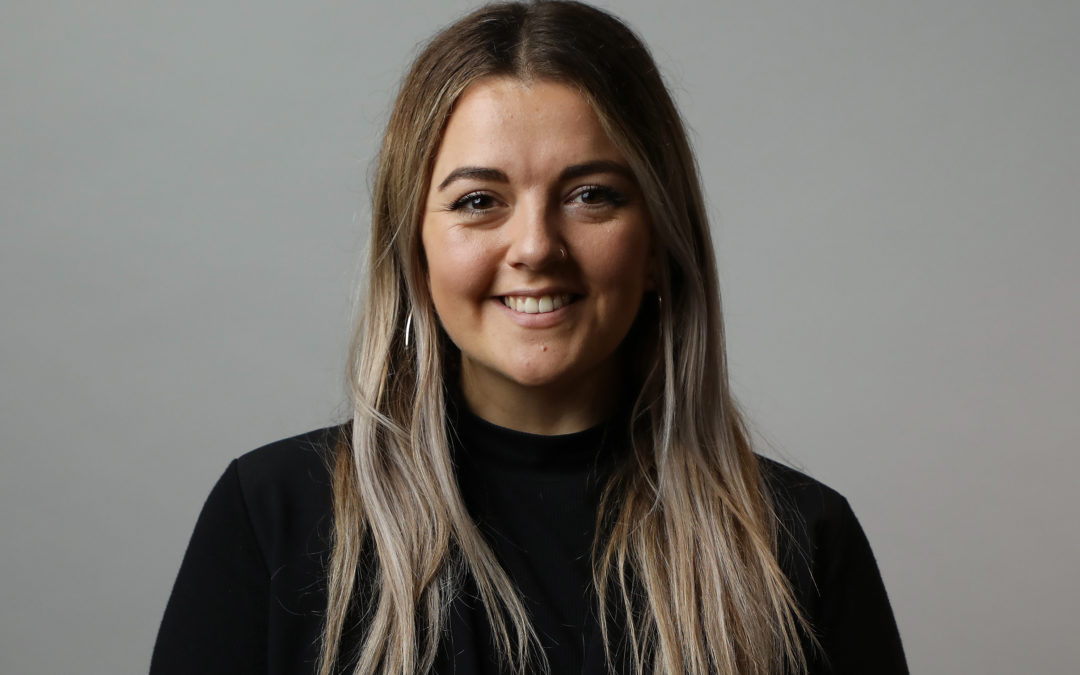Ellen Coughlan is a Programme Manager for Analytical Capability at The Health Foundation and also tutors a TAP student in Biology.
“…they’re called The Access Project”. Ordinarily, staff updates that come under “Any Other Business” are listened to impatiently with one eye on the clock. But by the time my colleague had finished describing the aims of Access Project and the ways in which I could be involved, my interest was piqued.
The premise is simple. Work with a bright young student to help them earn a place at a top University, providing personalised tuition that they wouldn’t have access to otherwise. There is a persistent achievement gap between those students from a disadvantaged background and their more affluent peers. This gap, which begins in infancy, widens throughout childhood until the end of secondary school when disadvantaged children are 18 months behind their non-disadvantaged counterparts (Education Policy Institute, 2019). My career in healthcare has acquainted me, too, with other social inequalities. Gaps in health and well being between different socioeconomic groups continue to worsen. This was brought to national attention most recently in a report published this year that found that life expectancy had stalled for some groups (Institute of Health Equity, 2020).
Any other business ended up presenting me with an opportunity to do something practical, immediate and personal and I snatched it.
In a number of weeks, a group of eager volunteers had assembled, jostling for space in our conference room to receive training. Michaela, a Senior Volunteer Coordinator, described the process. We’d be tutoring a student in a subject that we’d studied for at A Level or at University. I imagined describing psychology research ethics on perfect note cards or labelling carefully drawn sketches of ventricles and atria. After completing the requisite checks and undertaking online safeguarding courses, I was matched with a GCSE student looking for biology tutoring to give her the extra support she needed to study biology at A Level and, eventually, apply to study medicine.
I began to wonder how we’d get along. What sort of things would we have in common? Would our sessions be informal and friendly, or would each hour pass quickly in focused bursts? In the end I thought about how I learnt best at fifteen and reflected on what sort of tutor I’d have found helpful. I worked through The Access Project’s helpful online resource toolkit, sketched out the syllabus and put together a lesson plan. Our first session saw us working through which topics were her strongest, and which needed more focus. We discussed negative feedback loops and the role of the sugar tax in addressing diabetes prevalence, we played countless games of hangman to remember terms for cell structures, and we quizzed each other on the role of hormones.
Our sessions were informal and friendly, focused and diligent all at once. We didn’t solely focus on the curriculum; we discussed different revision techniques, how to approach exams, and how to find valuable work experience. My own work experience was arranged, as these things usually are, through friends of friends pulling in favours. Another example of how fortune does not so much favour the brave as the well-connected, leaving those with less advantage to knock on doors that are gladly held open for others. My role working within the healthcare community allowed me to give my student that opportunity: a few tweets later, I had arranged for us to spend a day shadowing an operational team at the Royal Free Hospital in London. The experience was incredible. Watching a diverse team work closely to keep a hospital running smoothly opened our eyes to the myriad roles in healthcare available to ambitious, bright individuals; but what will stick with me is the generosity of those that welcomed us and made it possible.
Tutoring with the Access Project has affirmed my values and further instilled my drive to highlight and address inequalities. Whether I do that through my career or personally, I know that committing resources and time can have a huge impact. Against a global context of uncertainty and powerlessness, spending an hour a week contributing to someone else’s future gave me back a sense of my own ability to effect change. Dusting off my old GCSE notes taught me so much more than old photosynthesis equations, it taught me that we can all make a difference (and make a new friend).
What could it teach you?

